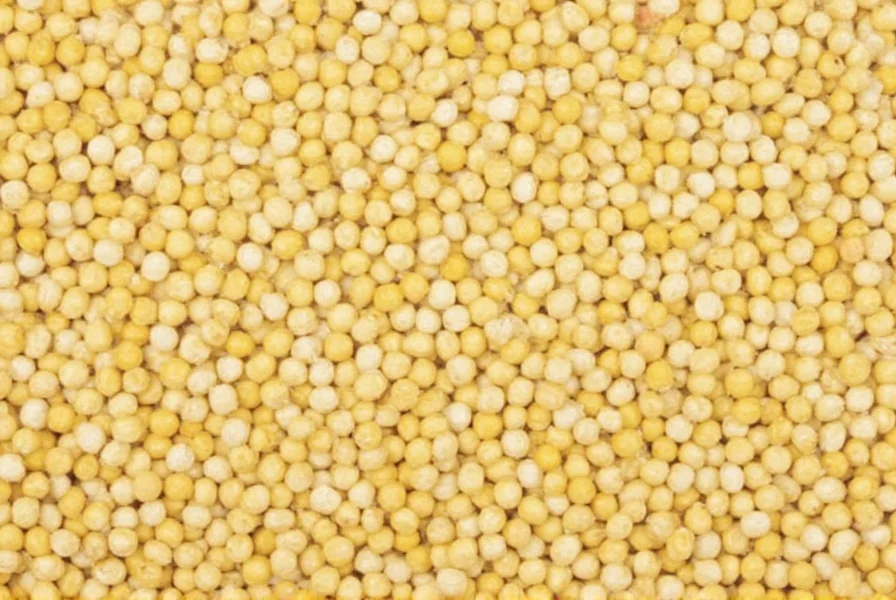When exploring natural remedies for body changes, it's crucial to separate marketing claims from scientific reality. Fenugreek (Trigonella foenum-graecum), a plant commonly used in traditional medicine and cooking, has gained popularity in certain circles for purported breast enhancement benefits. However, understanding what the research actually reveals requires examining both the botanical properties and clinical evidence.
Understanding Fenugreek's Biological Properties
Fenugreek seeds contain several bioactive compounds, including diosgenin, which has a chemical structure somewhat similar to estrogen. This structural similarity has led to speculation about potential hormonal effects. However, structural resemblance doesn't equate to functional equivalence in the human body.
Research published in the Journal of Dietary Supplements indicates that while fenugreek may influence certain hormonal pathways, these effects are significantly weaker than actual estrogen and operate through different mechanisms. The concentration of these compounds in typical fenugreek supplements is generally insufficient to produce meaningful physiological changes in breast tissue.
| Compound in Fenugreek | Potential Biological Effect | Relevance to Breast Tissue |
|---|---|---|
| Diosgenin | Weak phytoestrogen activity | Minimal impact on mammary tissue development |
| 4-Hydroxyisoleucine | May influence insulin signaling | No direct connection to breast size changes |
| Fenugreekine | Alkaloid with unknown hormonal effects | No established relationship with breast tissue |
Scientific Evidence on Fenugreek and Breast Size
A comprehensive review of herbal supplements for breast enhancement published in Plastic and Reconstructive Surgery concluded that "no botanical agent has demonstrated clinically significant breast enlargement effects." The review specifically examined fenugreek among other popular remedies and found insufficient evidence to support its efficacy for this purpose.
Some confusion may stem from fenugreek's documented effect on lactation. Multiple studies, including research in the International Breastfeeding Journal, have shown fenugreek may increase milk production in breastfeeding women. However, this galactagogue effect relates to milk duct stimulation, not actual breast tissue growth or permanent size changes.
Why the Myth Persists
The persistent belief that fenugreek increases breast size likely results from several factors:
- Misinterpretation of its lactation effects as permanent tissue growth
- Marketing by supplement companies making unsupported claims
- Confirmation bias where temporary water retention is mistaken for tissue growth
- Cultural transmission of traditional remedies without scientific validation
When examining "does fenugreek work for breast enlargement" testimonials, researchers note that perceived changes often coincide with menstrual cycle fluctuations, weight changes, or placebo effects rather than the herb itself.
Safety Considerations for Fenugreek Use
While fenugreek is generally recognized as safe for culinary use, concentrated supplements carry potential risks:
- May cause gastrointestinal discomfort, diarrhea, or allergic reactions
- Potential interactions with diabetes medications due to blood sugar effects
- Contraindicated for pregnant women as it may stimulate uterine contractions
- May interfere with certain hormone therapies
The American Herbal Products Association notes that high-dose fenugreek supplementation lacks comprehensive safety data for long-term use. Individuals considering fenugreek for any purpose should consult with a healthcare provider, especially those with hormone-sensitive conditions.
Evidence-Based Approaches to Body Image Concerns
For those concerned about breast size, evidence shows that:
- Factors like genetics, overall body fat percentage, and hormonal status primarily determine breast size
- No topical cream or oral supplement has proven effective for permanent, significant breast enlargement
- Surgical options remain the only medically proven method for breast size alteration
- Body acceptance practices show better psychological outcomes than pursuing unproven physical changes
Rather than focusing on unproven methods for natural breast enlargement with fenugreek, health professionals recommend addressing body image concerns through evidence-based approaches that promote overall well-being.
Conclusion: Separating Fact from Fiction
The question "does fenugreek increase breast size" reflects a common search for natural body modification solutions. However, current scientific understanding indicates that fenugreek supplementation does not produce measurable, permanent breast enlargement. While generally safe in culinary amounts, relying on fenugreek for this purpose represents a misunderstanding of both the herb's properties and human physiology.
When evaluating similar health claims, consider whether the evidence comes from rigorous clinical trials rather than anecdotal reports. For concerns about body image or physical changes, consulting with a qualified healthcare provider remains the most reliable approach to obtaining accurate information and appropriate care.
Does fenugreek actually make breasts bigger according to scientific studies?
No, scientific studies do not support that fenugreek increases breast size. Research shows fenugreek may enhance milk production in breastfeeding women, but this effect relates to lactation, not permanent breast tissue growth. Multiple clinical reviews have found no evidence that fenugreek or any other herbal supplement causes significant breast enlargement.
How does fenugreek affect hormones related to breast size?
Fenugreek contains compounds like diosgenin that have weak phytoestrogen activity, meaning they may interact with estrogen receptors but at significantly lower potency than actual estrogen. Current research indicates these effects are too minimal to cause measurable changes in breast tissue development or size in humans.
Why do some people believe fenugreek increases breast size?
This belief likely stems from confusion between fenugreek's documented effect on milk production (lactation) and actual breast tissue growth. Temporary changes from water retention, menstrual cycle fluctuations, or weight changes are sometimes mistakenly attributed to fenugreek. Marketing claims by supplement companies have also contributed to this misconception.
Are there any proven natural methods to increase breast size?
No natural methods have been scientifically proven to increase breast size permanently. Factors like genetics, overall body composition, and hormonal status primarily determine breast size. While weight gain may increase breast size due to fat deposition, this affects the entire body. No topical creams, exercises, or supplements have demonstrated clinically significant breast enlargement effects in rigorous studies.
Is it safe to take fenugreek supplements for breast enhancement?
While fenugreek is generally safe in culinary amounts, taking supplements specifically for breast enhancement is not recommended due to lack of efficacy and potential side effects. Fenugreek supplements may cause gastrointestinal issues, interact with medications (particularly for diabetes), and are contraindicated for pregnant women. Consulting a healthcare provider before taking any supplement for unproven purposes is always advisable.











 浙公网安备
33010002000092号
浙公网安备
33010002000092号 浙B2-20120091-4
浙B2-20120091-4